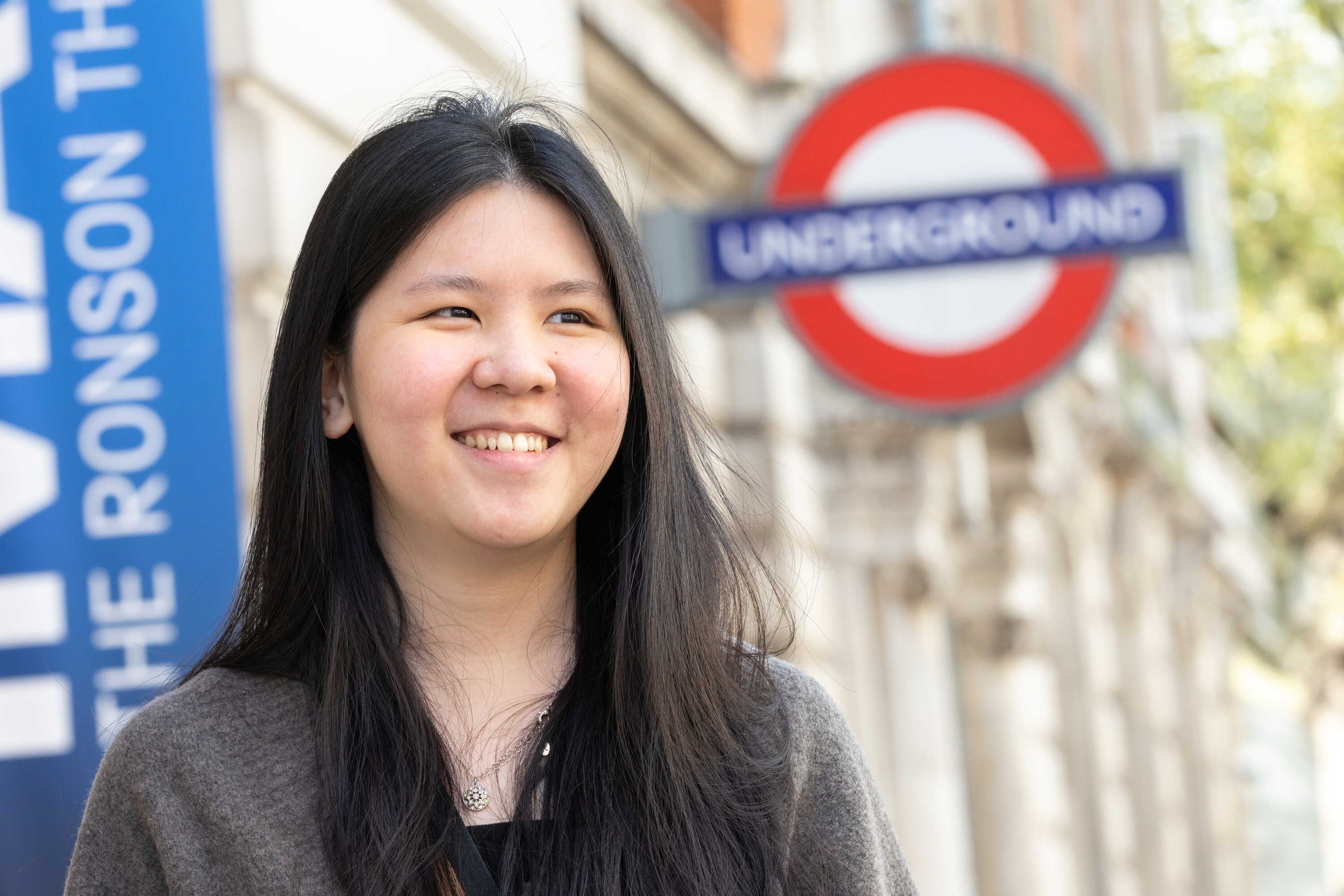
Physics
We have a vibrant and internationally leading research programme that provides a broad-based coverage of fundamental and applied physics, strongly supporting multidisciplinary collaborations and actively fostering the development of new fields.
Course key facts
Qualification
PhD
Duration
4 years
Study mode
Full-time, Part-time
Delivered by
Location
-
South Kensington
-
Entry requirements
Upper second class (2:1) or equivalent degree, typically in Physics although degrees in other physical sciences or engineering disciplines would be considered.
Course overview
We have a vibrant and internationally leading research programme that provides a broad-based coverage of fundamental and applied physics, strongly supporting multidisciplinary collaborations and actively fostering the development of new fields.
The Department of Physics uniquely covers the most comprehensive range of important experimental and theoretical research fields.
We are committed to providing a positive environment that supports everyone in reaching their potential.
Structure
Milestones for the first year of study include:
Within 3 months of starting:
Submit a short research plan, summarising the problem you have been set, and your proposed plan to work on it.
Within 12 months of starting (24 months for part-time):
Submit a report summarising the first year’s work, including courses taken. There is a short oral examination to assess this.
Supervisors
You can look for a supervisor within the department whose research interests aligns with your intented research topic.
Entry requirements
Footnotes
To be eligible for a Research Council studentship, you should have at least an upper second class honours (2:1) or equivalent degree, typically in Physics although degrees in other physical sciences or engineering disciplines would be considered. We broadly apply this requirement to all PhD applicants including self-funded students. In exceptional cases, if you have an MSc or similar qualification, or if you can demonstrate several years’ relevant work experience and provide strong references, then we may consider applications from candidates who have not achieved a 2:1 degree.
Please check the Imperial College entry requirements Entry requirements to ensure you meet the minimum entry criteria for research.
How to apply
Apply online
A PhD can start at any time of year although the majority of PhD students begin in October at the start of the academic year.
A PhD can start at any time of year although the majority of PhD students will begin in October at the start of the academic year.
We recommend that interested applicants apply to study for a PhD with us as soon as possible in the academic year as funding deadlines are often set for early in the academic year.
Speak to a potential supervisor informally about your research topic before making your formal applicaiton online.
Find out more about applying to Imperial.
General information relating to applying to Postgraduate Taught and Postgraduate Research programmes can be found on our Postgraduate Doctoral pages.
You may find it useful to contact potential PhD supervisors directly to find out more about available opportunities or to explore other possible projects.
Apply online through Imperial Gateway.
On your application please choose course code [inser code] for this course.
Fees and funding
We have some funded projects within the department.
We also have a range of grants and scholarships which you don't need to pay back.
For further information about possible sources of funding please visit our Scholarships page.
Scholarships
Further links
Success Guide
The Success Guide for postgraduate students offers you advice and resources to excel at Imperial College London.

Support for International Students
We provide specialist immigration advice and run a programme of webinars, trips and events to foster integration, friendship and community.

Centre for Academic English
Throughout your degree, you can take advantage of a range of CfAE courses and resources designed to help you communicate your STEMM research effectively.

Library services
Your subject librarian can help you find books and access online resources
